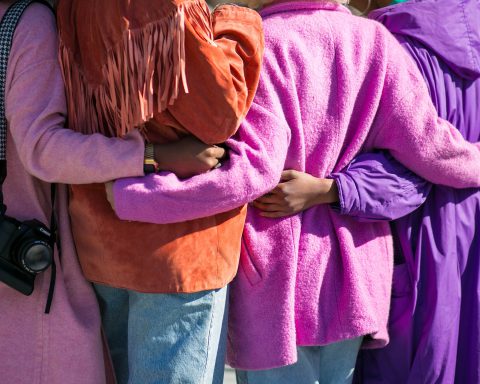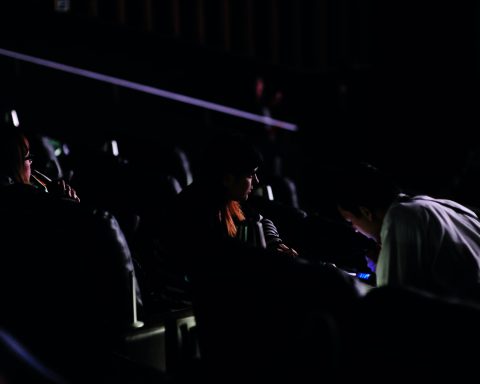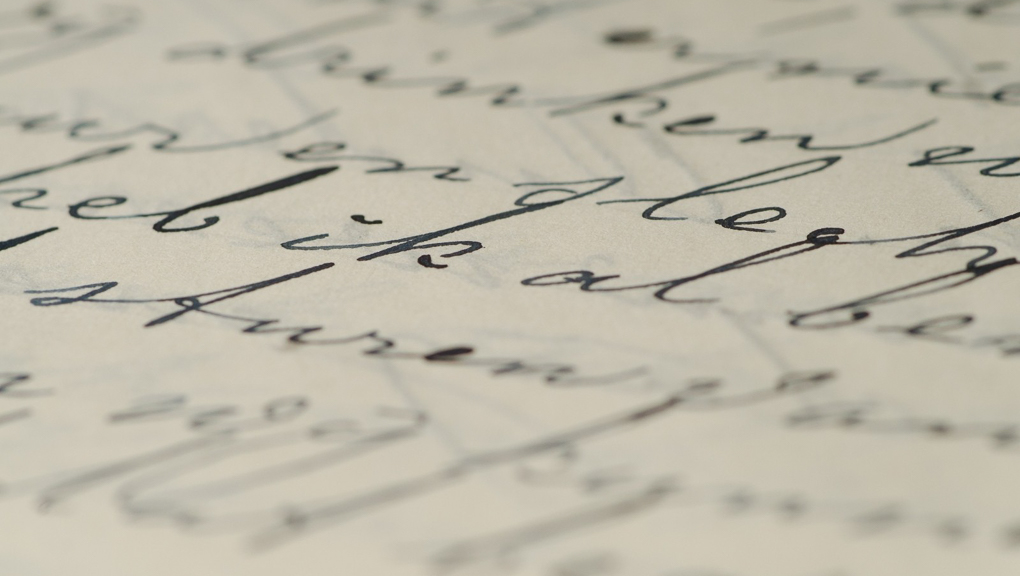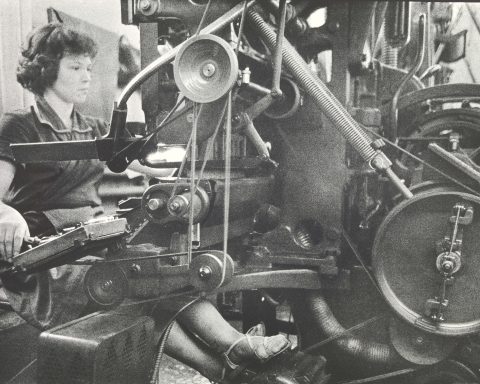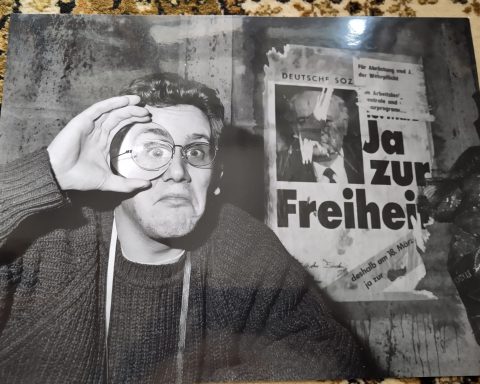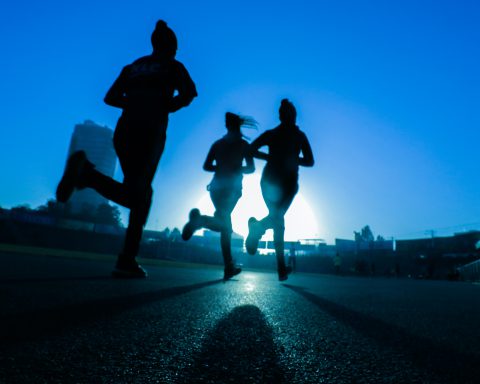You are probably wondering why, in 2016, in a democratic EU country, we still need a special day to remember that women have rights, and deserve to be treated as full citizens. I could give you a history lesson, but that would be boring.
I could tell you about the gender pay gap (men earn on average 16.4% more than women in the same jobs across the EU) but that would be downright depressing.
If I told you about little girls in Africa who have their clitorises chopped off with rusty razor blades and their vaginas sewn up with no anaesthetic in the name of ‘chastity’, that would bring tears to your eyes.

Instead I recommend that you settle down with some popcorn to watch a movie. Here are three, still in Leipzig cinemas – or you can try to get them from Netflix etc.
Mustang
This exciting, exuberant film about five sisters in a small Turkish settlement reminds us that for many teenage girls, arranged marriage is the norm. The girls struggle to exercise their own choices. Barbed wire, barred windows and strict dress codes cannot keep them in. They find different means to escape from the family home – some comical and one very tragic. Deniz Gamze Ergüven, who is French and Turkish, directs the film, and Gunes Sensoy stars as the youngest sister. You can meet them on YouTube:
The film is beautifully photographed beneath blue skies with turquoise seas and you can almost feel the suffocating heat the girls must endure indoors behind the high walls of the fortified family home, and experience the relief when they get out.
The Diary of Anne Frank
This story is well known. You have probably read it, since the book is translated into 70 languages and 60 million copies sold.
Why watch this movie, since you already know Anne’s story, how she and her family hid with other Jews in an Amsterdam attic for two years until they were betrayed and deported to Auschwitz…?
Because – it seems to me – the director Hans Steinblicher is trying to show that Anne was imprisoned not only by the war and the Holocaust but also by her own family and the neighbours in their hideout. Her father Otto has a Hitler moustache, her mother constantly criticizes her ‘lack of modesty’ and neighbour Mrs van Dann finds all her behaviour unacceptable (but luckily does not seem to realise that Anne is secretly having a passionate affair with her son Peter!) Her spirited attempts to assert her individuality bring colour and energy to this sad true story. Lea van Acken plays Anne as a stroppy teenager, a strong antidote to the sentimentalised versions in earlier films. She shows her dignity, intelligence and courage until the bitter end. In the diary she writes, “I want to go on living even after I am dead,” and this is surely how she would wish to be remembered.

Suffragette
Votes for women are available to all in Germany, and have been since 1918. Our Swiss sisters got the vote in 1971 and last year in 2015 some Saudi Arabian women were also allowed to exercise this human right. The movie ’Suffragette – deeds not words’ tells the story of how Emmeline Pankhurst and her followers used terrorist tactics to force the British government to give women equal rights.
Carey Mulligan plays a poor working-class woman who is radicalised by her employer – a sexual predator – her husband who gives up their only child for adoption, and her own experience of police brutality on peaceful demonstrations. Mulligan has a luminous beauty and manages to look stunning even when she is being force-fed following her hunger strike in Holloway prison.
Director Sarah Gavron also gives her some lines from The Abominable Bride, Arthur Conan Doyle’s Sherlock Holmes story about suffragette terrorism: “You can’t arrest us all. We’re in every home. We’re half the world”, she says with a cheeky nod to the popularity of the Sherlock Holmes franchise and a satirical poke at Conan Doyle’s famous misogyny.
Meryl Streep’s cameo as the middle-class standard-bearer of the movement is a classic example of her ability to turn a small part into a memorable piece of cinema.
Only the portrayal of Emily Wilding Davison disappoints. In the history books she is an intelligent, rational and determined forty-one-year old woman with a first class honours degree from Oxford University. She clearly did not intend to kill herself in her final protest, since she had a return rail ticket and had made plans to meet her sister the following day. In the film she is played as a young woman who is weak, wild-eyed and mentally unhinged after brutal treatment and force-feeding, using the suffrage movement to justify martyrdom. This is not the case, as her own local newspaper explains.
But it makes a powerful end to the movie, with moving scenes at the funeral service intercut into flickering documentary footage of the actual events, reminding us that it all really happened, less than one hundred years ago.

Enjoy the films – you have every right to have some fun! And don’t forget to exercise your other rights, too. Rights are like muscles. If you don’t exercise them, they just might lose their strength and waste away…
By Jane Whyatt
Jane is a veteran English journalist who works for the Leipzig-based European Centre for Press and Media Freedom (ECPMF). She is writing here in her own personal capacity. The views expressed are not those of the ECPMF.


![Wine & Paint event on 9 Nov. 2024 at Felix Restaurant, Leipzig. Photo: Florian Reime (@reime.visuals] / Wine & Paint Leipzig](https://leipglo.com/wp-content/uploads/2024/12/pixelcut-export-e1733056018933-480x384.jpeg)
